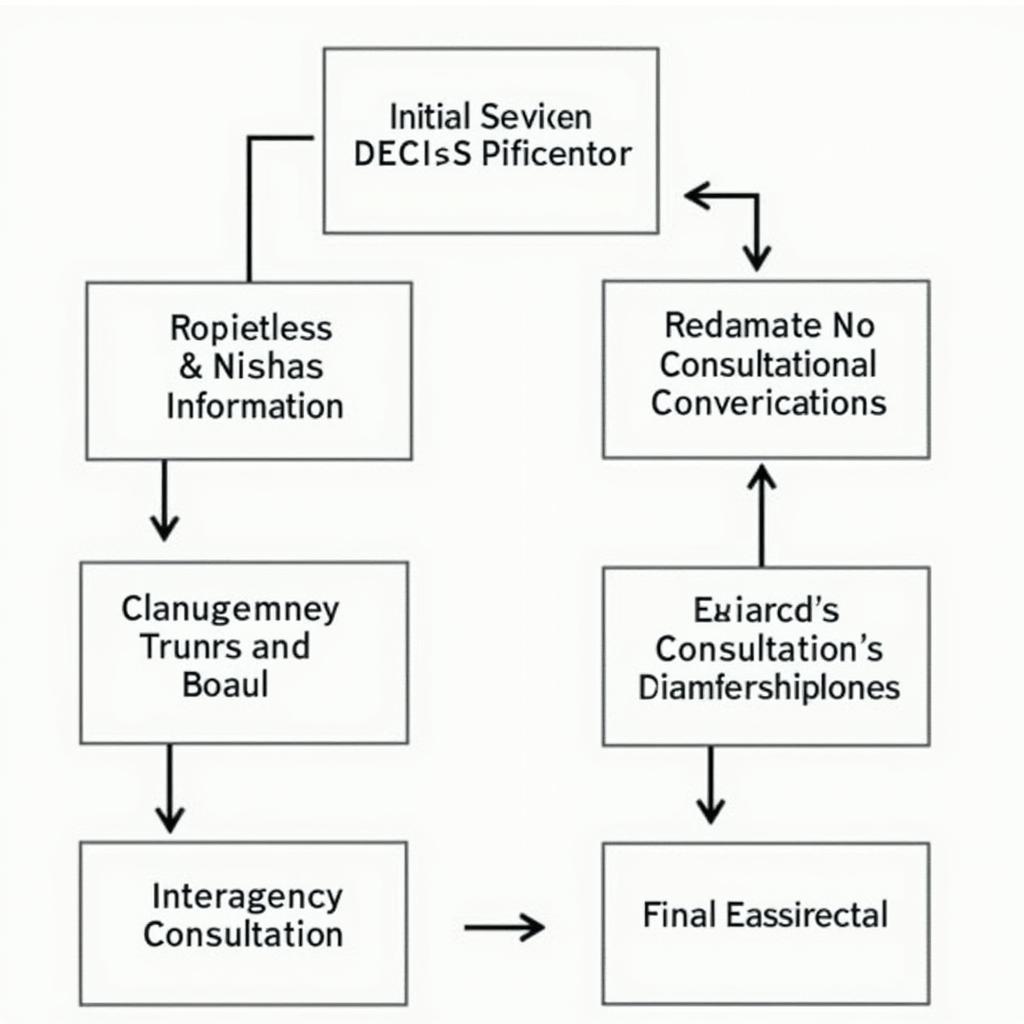The CIA’s recent declassification of information regarding a Trump nominee’s spy career has ignited public interest and raised questions about transparency and national security. This development provides a unique opportunity to delve into the complexities of intelligence work, the vetting process for high-level government positions, and the implications of revealing classified information.
Understanding the Declassification Process
The declassification of intelligence information is a complex process, often involving multiple government agencies and a careful balancing act between the public’s right to know and the need to protect sensitive national security information.  CIA Declassification Process Flowchart What factors drive the decision to declassify information relating to a nominee’s past intelligence career? Several factors play a role, including public interest, allegations of misconduct, and the need for transparency in government appointments. The timing of such declassifications can also be significant, particularly in the context of political nominations.
CIA Declassification Process Flowchart What factors drive the decision to declassify information relating to a nominee’s past intelligence career? Several factors play a role, including public interest, allegations of misconduct, and the need for transparency in government appointments. The timing of such declassifications can also be significant, particularly in the context of political nominations.
Implications for National Security
Revealing details about a nominee’s spy career can have significant implications for national security. Exposing past operations, methods, and identities can compromise ongoing intelligence efforts and put lives at risk. However, withholding such information can also raise concerns about potential conflicts of interest or undue influence. Finding the right balance is crucial for maintaining both national security and public trust.
Balancing Transparency and Security
How can we balance the need for transparency with the imperative to protect national security? This is a constant challenge for intelligence agencies and policymakers. One approach is to carefully redact classified information before release, ensuring that sensitive details are protected while still providing the public with a reasonable understanding of the nominee’s background. Another is to provide classified briefings to relevant congressional committees, allowing for oversight while minimizing the risks of public disclosure.
The Vetting Process for Government Nominees
The vetting process for high-level government positions, especially those involving national security, is rigorous and extensive. It involves background checks, interviews, and security clearances to ensure that the nominee is suitable for the role and poses no risk to national interests.  Government Nominee Vetting Process Steps The CIA’s role in this process is crucial, as they provide expert assessments of the nominee’s intelligence background and potential vulnerabilities.
Government Nominee Vetting Process Steps The CIA’s role in this process is crucial, as they provide expert assessments of the nominee’s intelligence background and potential vulnerabilities.
The Role of the CIA in Vetting
The CIA plays a key role in vetting government nominees by providing detailed information about their past intelligence activities, including any potential conflicts of interest or security risks. This information is essential for policymakers to make informed decisions about appointments. The CIA’s involvement also ensures that the vetting process is thorough and independent, free from political influence.
The Public’s Right to Know
The public has a right to know about the qualifications and background of individuals being appointed to positions of power. This includes information about their past intelligence careers, as it can shed light on their experience, judgment, and potential biases. However, this right must be balanced against the need to protect national security.
Conclusion
The CIA’s declassification of more details about a Trump nominee’s spy career highlights the ongoing tension between transparency and national security. While the public has a right to know about the background of government appointees, it is essential to protect sensitive intelligence information. Finding the right balance is crucial for maintaining public trust and safeguarding national interests. The CIA declassifies more details about Trump nominee’s spy career and it’s essential to understand the implications.
FAQ
- What is the process for declassifying CIA documents?
- How does the CIA balance transparency with national security?
- What is the role of the CIA in vetting government nominees?
- Why is it important for the public to know about a nominee’s spy career?
- What are the potential risks of revealing classified information?
- How does the timing of declassification affect political nominations?
- What are the legal and ethical considerations surrounding the release of classified information?
Need help with your car diagnostics? Contact us via WhatsApp: +1(641)206-8880, or Email: [email protected]. We have a 24/7 customer support team.

Leave a Reply